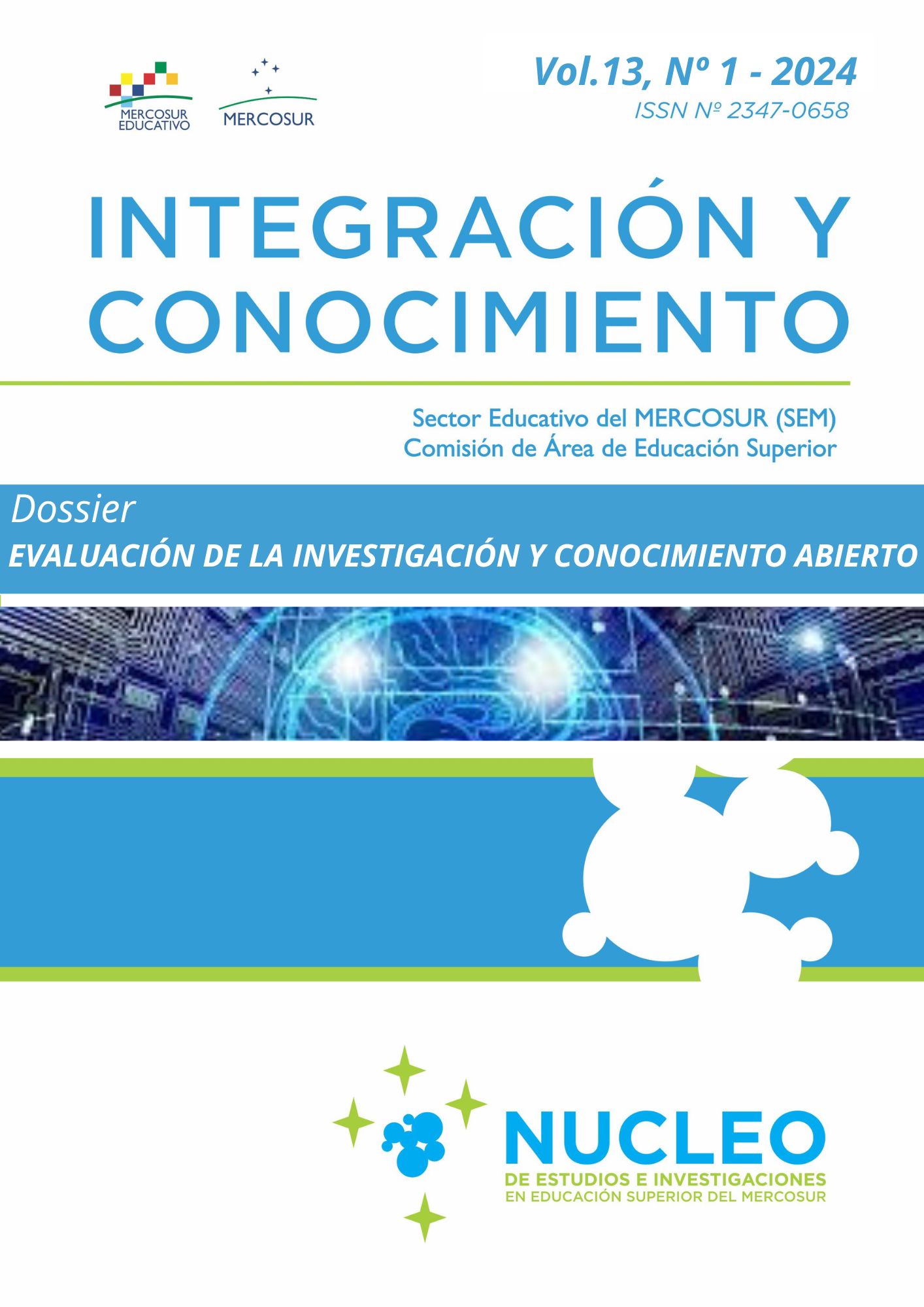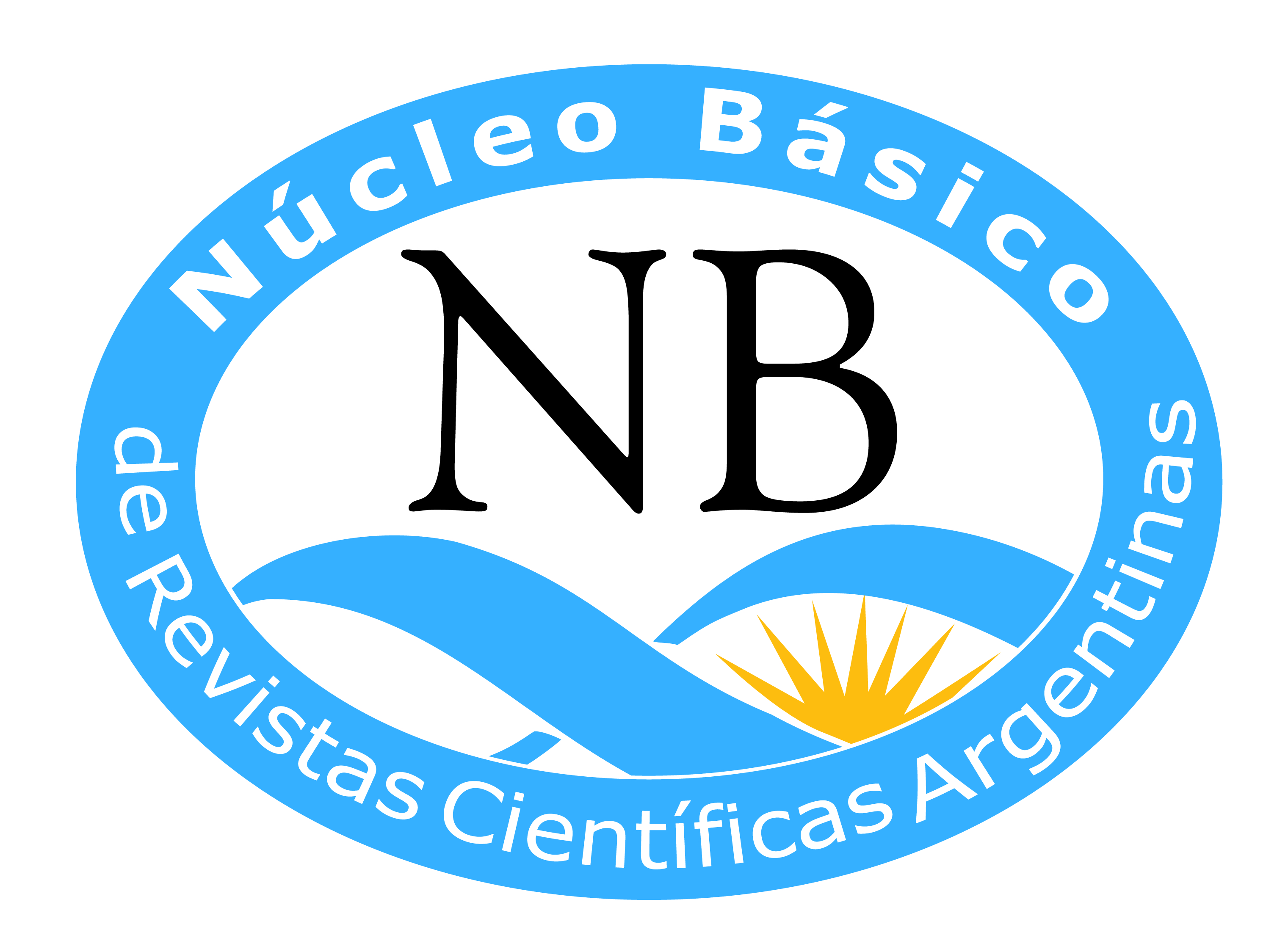Learning strategies in the context of the Pandemic
DOI:
https://doi.org/10.61203/2347-0658.v13.n1.44229Keywords:
Pandemic- Teaching-learning strategies- Higher EducationAbstract
The work summarizes teaching and learning strategies developed from the subject Forensic Practice II, of the Law degree at the University of Concepción del Uruguay. They were prepared in times of pandemic caused by COVID-19, allowing continuity to the teaching-learning process, essentially “online” and were taken up in the development of the research field work: Educational Guidance to the teacher for the preparation and development of learning strategies adjusted to the university context. The continuous interaction between teachers, students and pedagogical counselors allowed reflection on classroom practices and their transformation, facilitating, in turn, achieving the learning objectives set at the beginning of each academic year in the subject. Putting the lived experience into words stimulates rethinking about those strategies that even today continue to be effective, contextualized, innovative and sustainable
Downloads
References
Bain, K. (2011). Lo que Hacen los Mejores Profesores Universitarios. Universidad de Valencia.
Bruner, J. (2016). La importancia de la educación. Ed. Paidós.
Davini, M.C. (2015). La formación en la práctica docente. Ed. Paidós.
Franzante, B. (2022). La Orientación Educativa al docente para la elaboración y desarrollo de estrategias de aprendizaje en el contexto universitario. Tesis de doctorado. Universidad Central Marta Abreu de Las Villas. Recuperado dehttp://dspace.uclv.edu.cu/bitstream/handle/123456789/13546/Tesis-%20Franzante-25%20-11-2021.pdf?sequence=1&isAllowed=y
Freire, P. (2016). El maestro sin recetas. Siglo XXI Editores.
Gargarella R. y Guidi, S. (2016). Constitución de la Nación Argentina comentada. Ed. La Ley. Recuperado de http://www.bibliotecadigital.gob.ar/items/show/1716
Glaser, B. y Strauss, A. (1967). The discovery of grounded theory: strategies for qualitative research. Aldine Publishing Company.
Guerrero Jirón, J., Rodríguez Méndez, A. y Facuy Delgado, J. (Coords.). (2018) Herramientas pedagógicas para un proceso de enseñanza innovado. Editorial UTMAC. Recuperado de http://repositorio.utmachala.edu.ec/bitstream/48000/14345/1/Cap.6-Objetos%20digitales%20de%20aprendizaje.pdf
Maggio, M. (2018). Reinventar la clase en la universidad. Ed. Paidós.
Schwartzman, G., Tarasow, F. y Trech, M. (2014). De la Educación a Distancia a la Educación en línea. Aportes a un campo en construcción. Ed. FLACSO- HomoSapiens.
Sautu, R. (Comp.). (2007) Práctica de la investigación cuantitativa y cualitativa. Ed. Lumiere.
Sirvent, M. T. (1999). Cultura popular y participación social. Ed. Miño y Dávila.
Sirvent, M. T. (2006). El proceso de Investigación. Universidad de Buenos Aires. Facultad de Disponible en: http://postitulo.socioeducativa.infd.edu.ar/archivos/repositorio/500/718/Sirvent_El_proceso_de_investigacion.pdf
Downloads
Published
Issue
Section
License
Copyright (c) 2024 Integración y Conocimiento

This work is licensed under a Creative Commons Attribution-NonCommercial-ShareAlike 4.0 International License.
Authors who have publications with this journal accept the following terms:
a. Authors shall retain their copyright and guarantee the journal the right of first publication of their work, which shall simultaneously be subject to the Creative Commons License of Recognition which allows third parties to share the work as long as its author is indicated and its first publication is this journal.
b. Authors may adopt other non-exclusive licensing agreements for the distribution of the published version of the work (e.g., depositing it in an institutional telematic archive or publishing it in a monographic volume) provided that the initial publication in this journal is indicated.
c. Authors are allowed and encouraged to disseminate their work via the Internet (e.g. in institutional telematic archives or on their website) after publication of the article, which may lead to interesting exchanges and increased citations of the published work. (See The Effect of Open Access).



